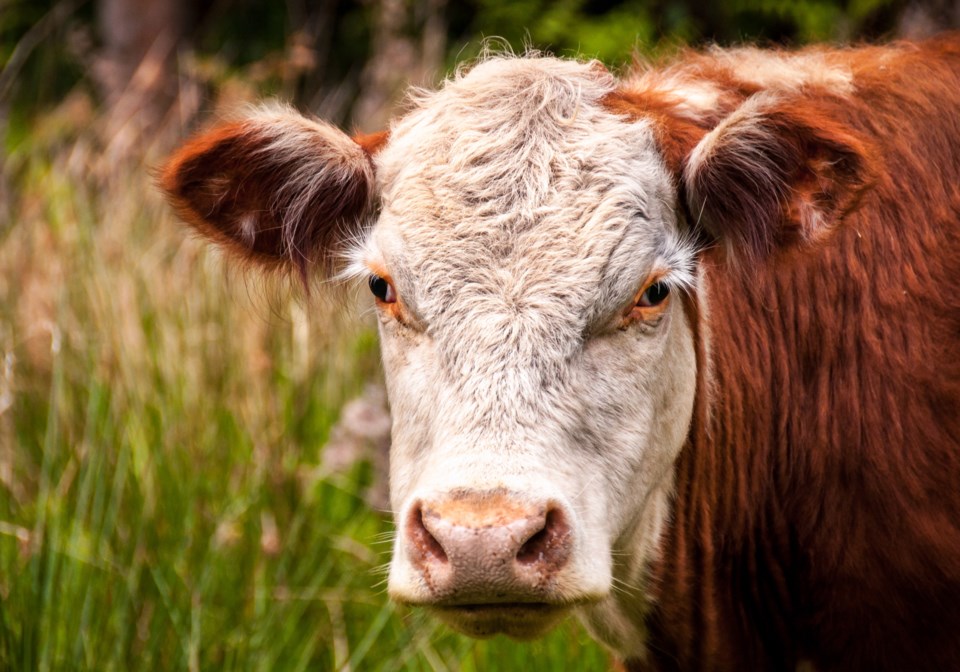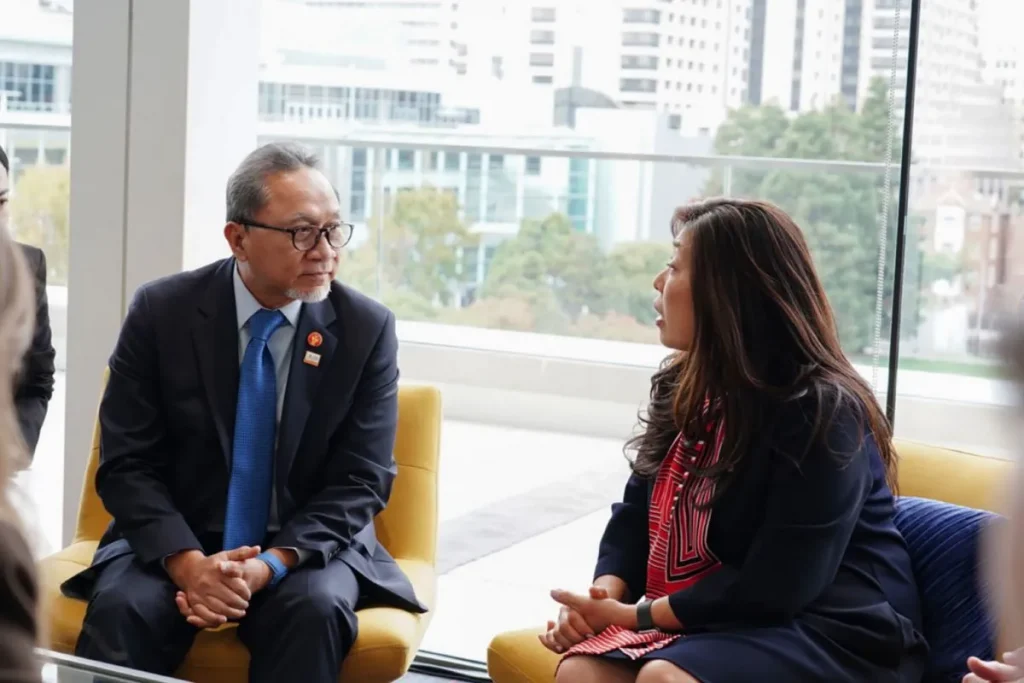The COVID-19 pandemic is a cataclysmic event that’s causing society to take a long hard look at itself and rethink all of its values. We see the rise of the BLM movement begin to tackle systemic racism in North America. We may also see a fall in conspicuous consumption and celebrity culture.
In its place, will we see a rise in “conscious capitalism?” This movement was defined by John Mackey, the co-founder of Whole Foods, and expands the definition of CSR (Corporate Social Responsibility) to include a “way of thinking about capitalism and business that better reflects where we are in the human journey, the state of our world today, and the innate potential of business to make a positive impact on the world.” While still focused on making a profit, conscious capitalism recognizes that some stakeholders lack a voice in the process, like the environment or the migrant worker and need to be represented.
For 2020 and beyond, a ‘clean label’ may not be enough
In our 2017 Nourish Trend Report, we predicted the “Made Matters Trend.” Essentially, it’s an extension of the “Eating Clean” food movement, expanded to include not just what’s in your food, but its entire journey. Consumers increasingly want to know how it was made or grown, how the workers involved in processing, growing or harvesting, including non-resident farmworkers, were treated, and if animal and environmental welfare matter to their brands.
The COVID crisis lifted the veil on our food system. There is now a spotlight on how we treat workers, whether migrant labourers in the fields or employees in a meat processing plant. Just as the Fairtrade logo gained traction for goods mainly coming from outside of North America, will a Food Justice certification get traction within North America? We’ll be watching to see if this important trend experiences a sudden boost from a more mindful consumer base.
The Agricultural Justice Project (AJP)
The Agricultural Justice Project has worked to develop social justice standards for organic and sustainable agriculture. This project is a US based fair trade label that represents the gold standard for social justice in agricultural and food jobs, rigorous third party certification, and a system based on the experiences and input of the farmers, farm-workers and business owners themselves. The AJP works to set the social standards and certify them, alongside partners like the DFTA. The certification is known as “Food Justice Certified”




